When a truth is not given complete freedom, freedom is not complete
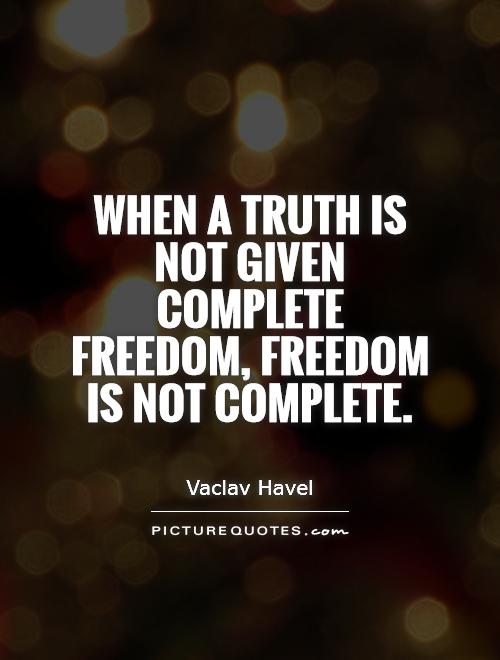
When a truth is not given complete freedom, freedom is not complete
Vaclav Havel, the renowned Czech playwright, dissident, and former president, understood the importance of truth and freedom in society. Throughout his life, Havel fought against the oppressive communist regime in Czechoslovakia and advocated for the principles of democracy, human rights, and freedom of expression. One of his most famous quotes, "When a truth is not given complete freedom, freedom is not complete," encapsulates his belief in the inseparable connection between truth and freedom.Havel believed that a society cannot truly be free if its citizens are not allowed to speak the truth and express their opinions openly. In a totalitarian regime like the one he lived under, the government controlled the flow of information and suppressed dissenting voices. Havel understood that without the ability to speak the truth and challenge the status quo, individuals are not truly free. He believed that freedom of expression is a fundamental human right that must be protected at all costs.
Havel's own experiences as a dissident and political prisoner shaped his views on truth and freedom. He was imprisoned multiple times for his activism and spent years fighting against the oppressive regime. Despite the risks, Havel continued to speak out against injustice and advocate for a more open and democratic society. He understood that the truth has the power to challenge authority and inspire change, and that without it, freedom is meaningless.
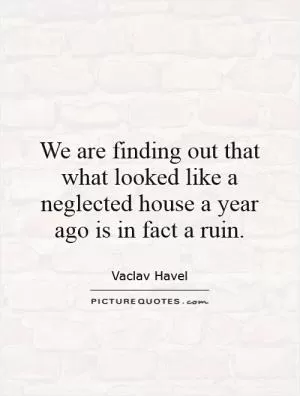
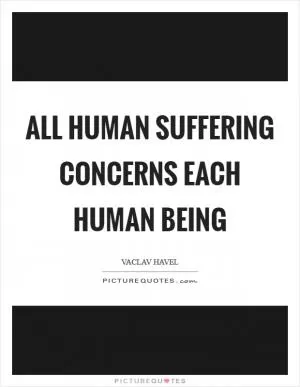
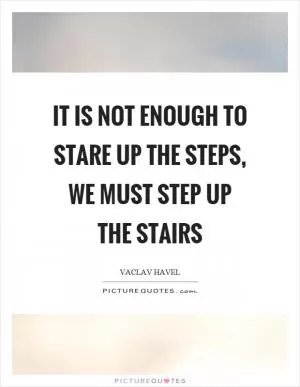
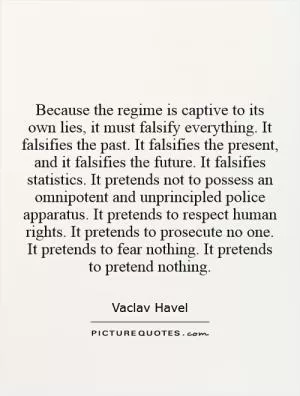
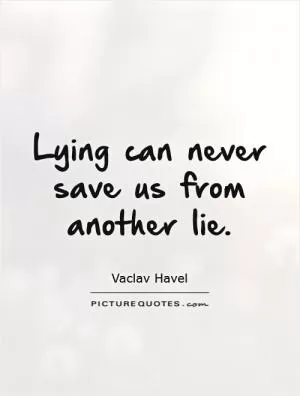
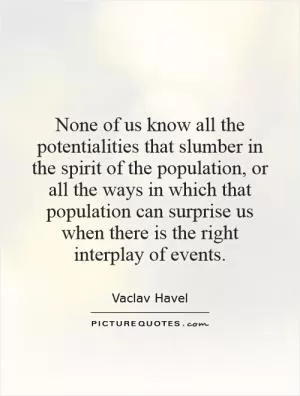

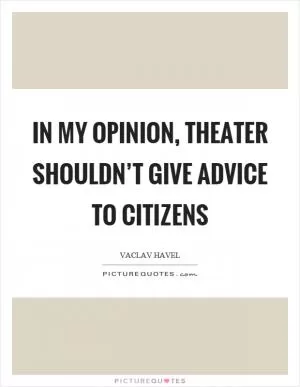
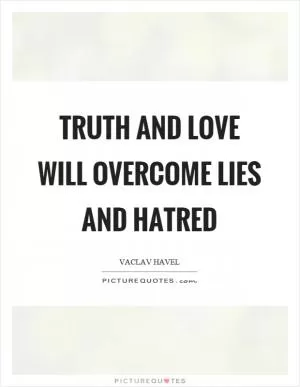
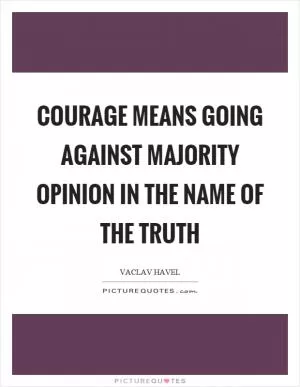
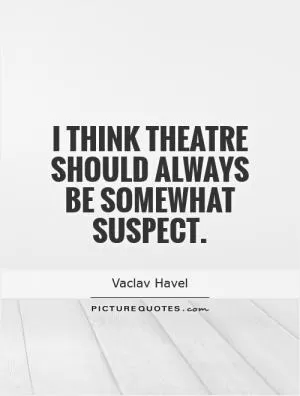
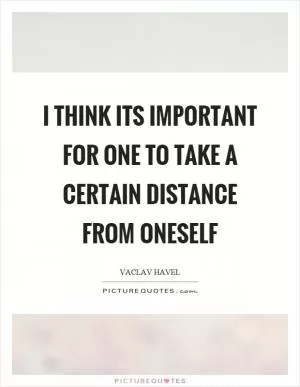
 Friendship Quotes
Friendship Quotes Love Quotes
Love Quotes Life Quotes
Life Quotes Funny Quotes
Funny Quotes Motivational Quotes
Motivational Quotes Inspirational Quotes
Inspirational Quotes